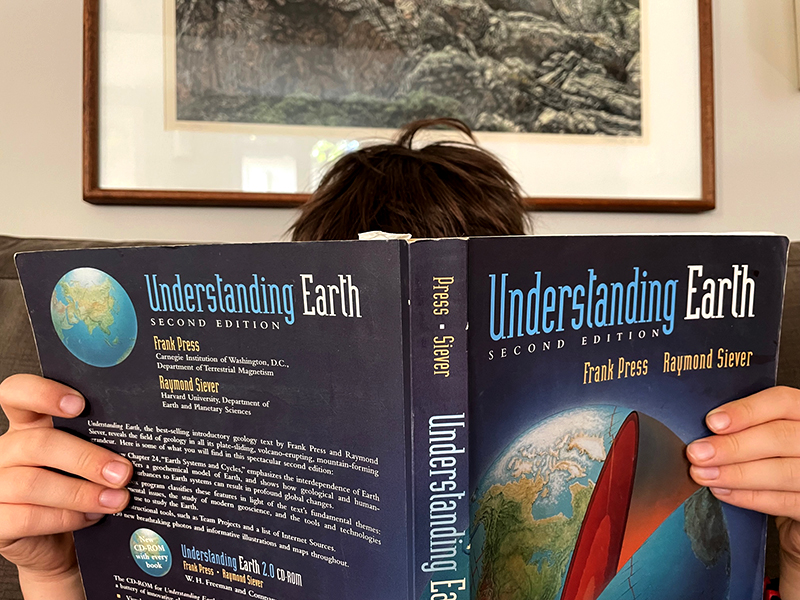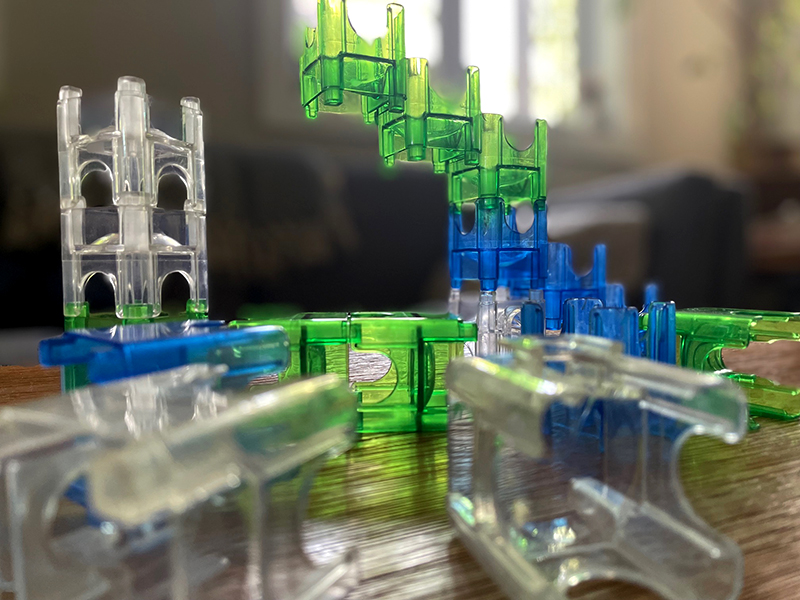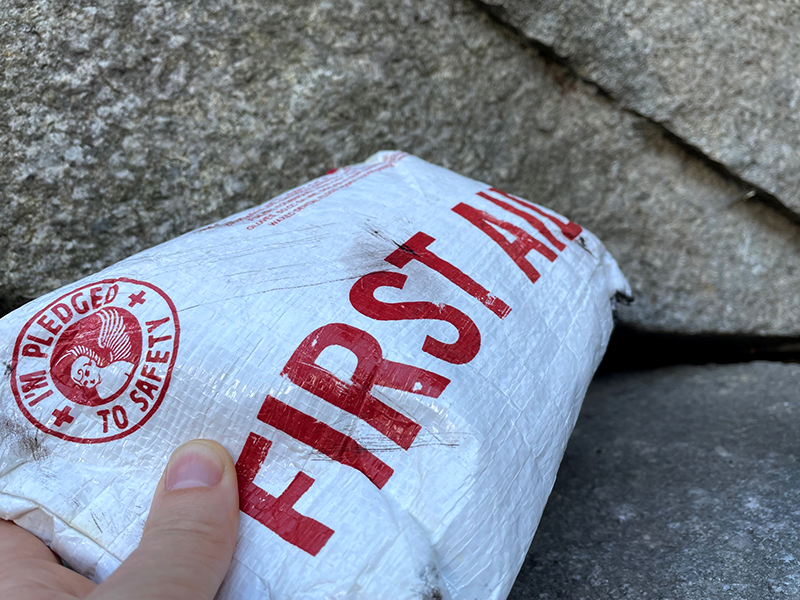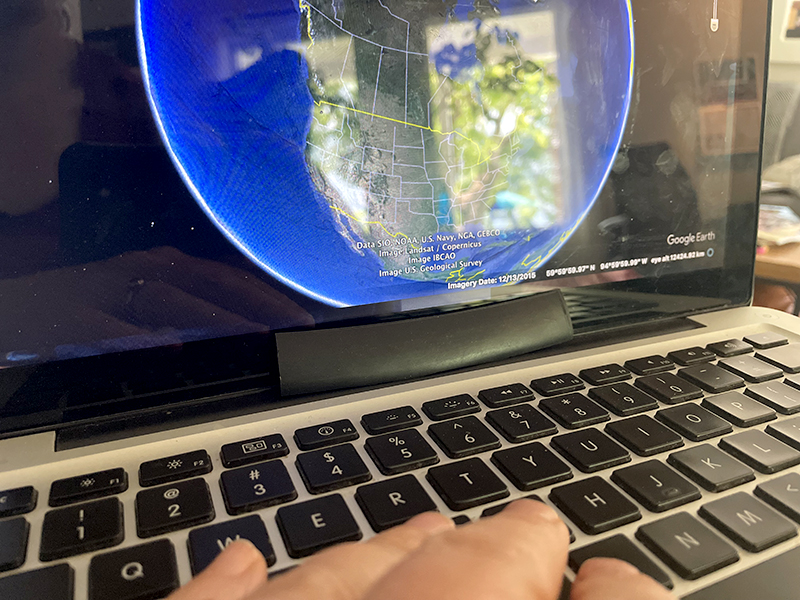
Where can you learn?
There are schools all across Canada that offer Earth Science (or related) programs. Universities, colleges, and polytechnical schools have courses to get you the training & skills you need for your career.
Earth Science has no boundaries;
study in Canada – work around the world!
Tips and tricks on how to navigate these websites:
- Search for keywords such as Earth Science, Geology, Environmental Science, GIS, Geomatics, Geography, etc.
- Look for lists of undergraduate programs.
- Read what the faculty (professors, instructors) are researching.
- Check out whether field courses are available.
- Hunt for scholarships and bursaries on offer.
- Explore student resource pages for extra support.
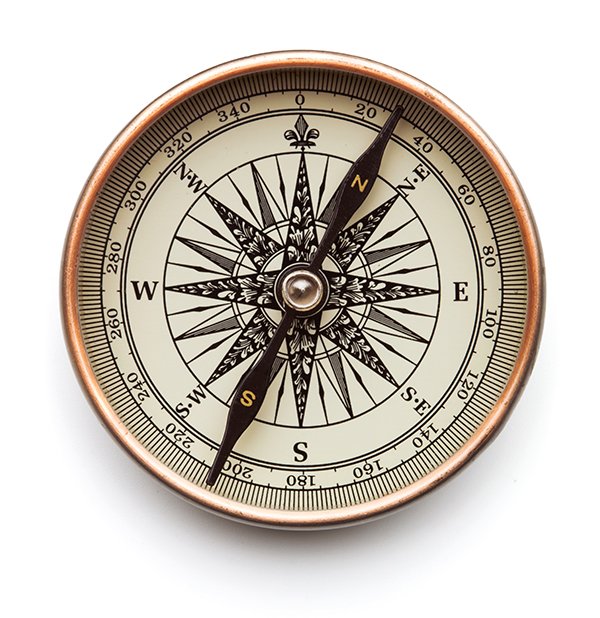
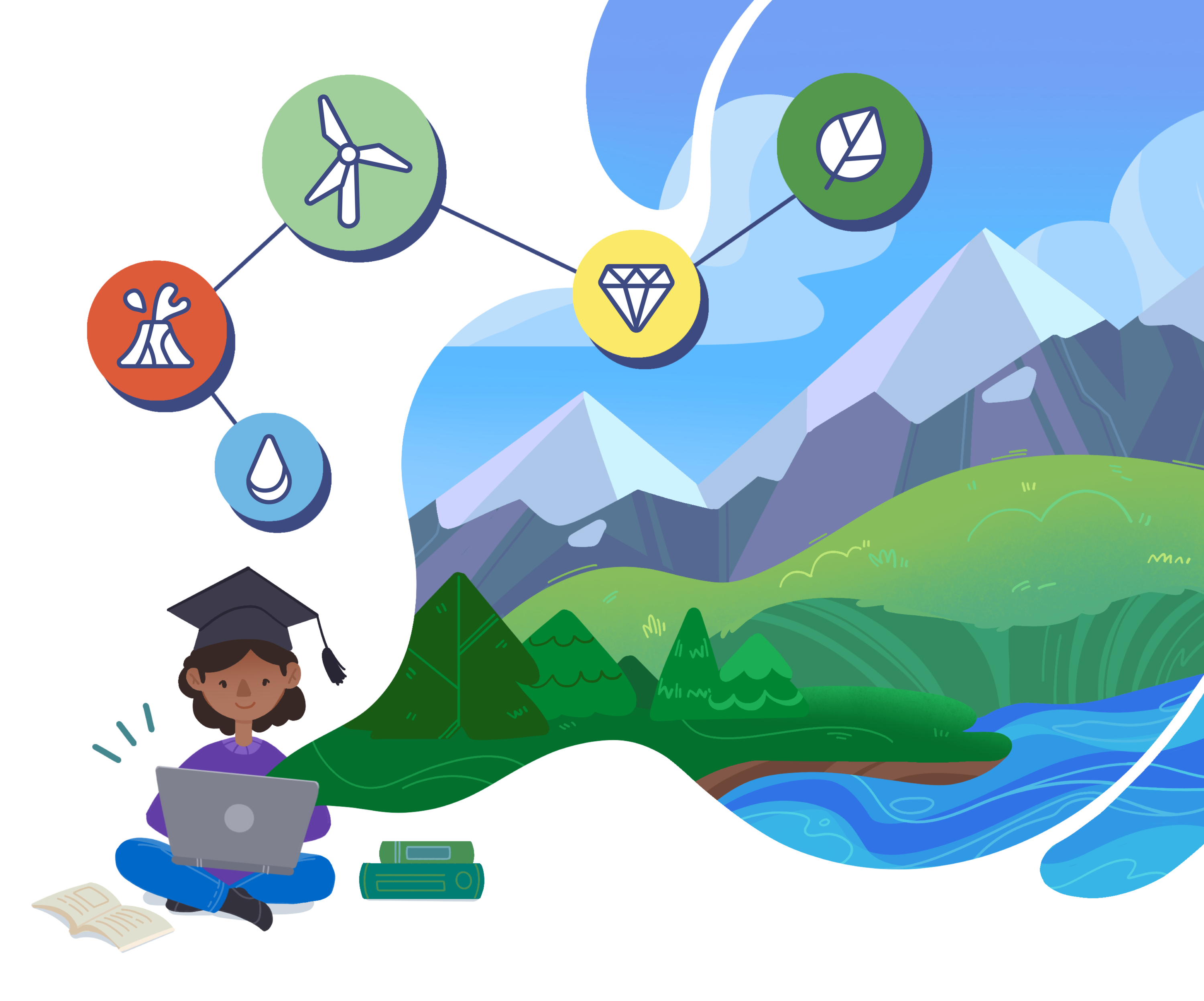
What will you get with some more education?
- 2 to 3 years in a polytechnical school or college = certificate or diploma
- 3 to 4 years in a college or university = undergraduate or Bachelor’s degree
- >4 years in university = Master’s degree or PhD
These will carry you forward on your path to a successful career in the Earth Sciences! The more education you get, the more choices you will have.
In the meantime…
You don’t have to wait to graduate high school to learn more about Earth Science. Consider what you already like to do – you already have skills, knowledge, and interests that can be useful in an Earth Science career.
Love to be outdoors?
Exploring your own environment and discovering new places is a huge part of Earth Science. You start to notice how our natural world works and can observe and collect interesting things. Sign up for more adventures, like hiking, canoeing, camping, orienteering trips, and build up your wilderness, observation, mapping, and survival skills.
Love to game?
Gaming and computer programming skills translate really well to the advanced technologies being used in Earth Science. Find and join a Tech Club to learn more about how to code, discover robotics, create electronics, and more.
Love to be creative?
Being able to draw and record what you are seeing is very helpful in Earth Science. Music can help you understand things like soundwaves and frequencies, like in earthquakes! Join art, photography, or music clubs or afterschool programs that can develop your sketching skills, build your powers of observation, and expand your artistic horizons.
Love to experiment?
Look for in-school and online science competitions. By participating you’ll have fun and meet like-minded people, and also get to share your unique ideas that may pave the way for many more discoveries.
Play to your Strengths
Love to read?
Reading and research are essential learning and communication tools. School and public libraries offer all kinds of books and magazines (hard copy and digital) about our planet and environment. New ones are coming out all the time, including ones written by young authors.
Love to play & solve?
Earth Scientists often have to tackle our planet’s biggest puzzles. Problem-solving, imagination, and teamwork are all tools that will serve you well in Earth Science. Being able to visualize your goals, strategize, and think outside the box through a range of games and puzzles are conceptual skills that can set you up for success in science.
Love to help?
You may have already taken a babysitter’s course, but you can also take First Aid, Lifeguarding, Orienteering Courses, and more. These will give you an edge as they show you can be responsible for yourself as well as the well-being of others, which is a skill employers look for, especially with fieldwork.
Love to connect?
Earth Scientists not only need to understand big world concepts, but also be able to communicate them to others. Developing your communication skills allows you to be your best with others and explain things more clearly. If you are on a sports team or in a youth group, you know that teamwork & collaboration are so important.
Excited to explore?
Get a head start on your journey today.

